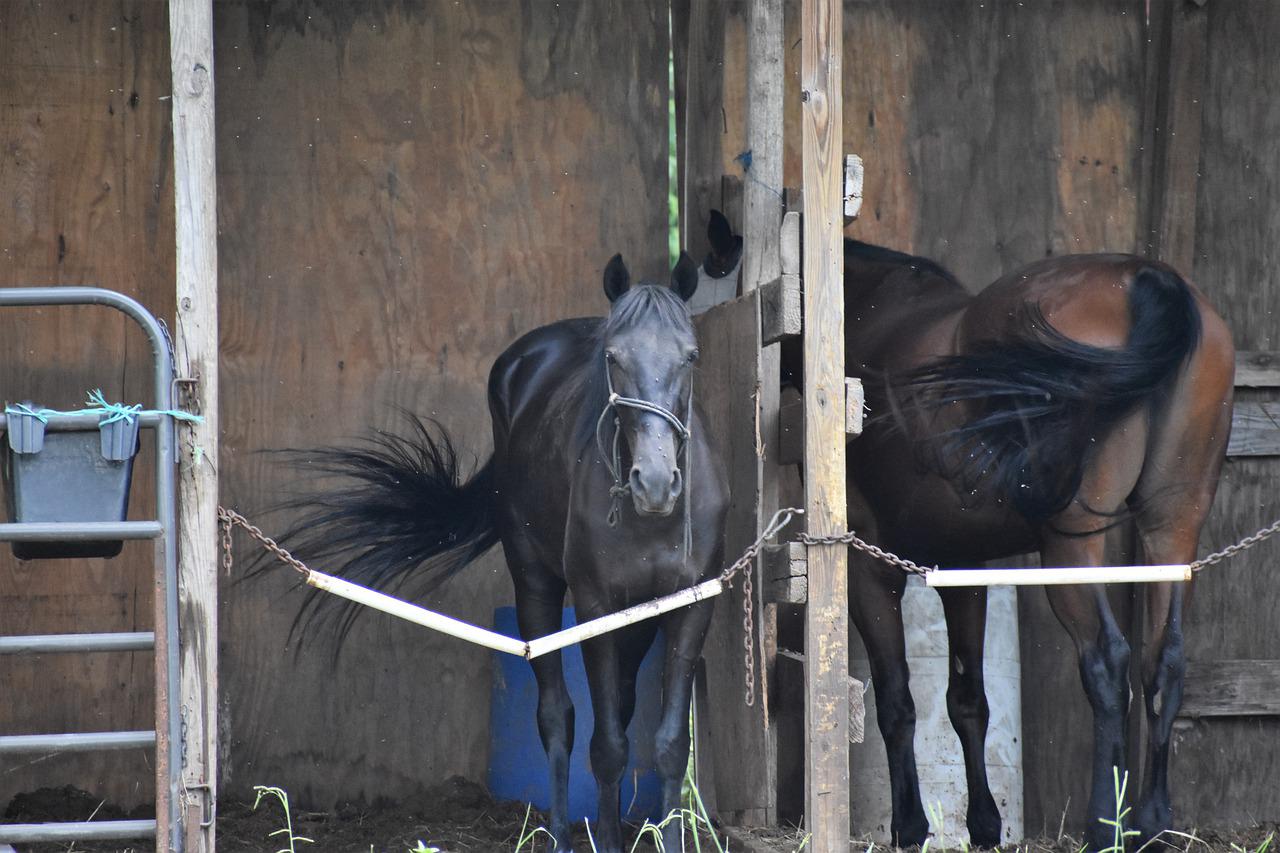To get rid of parasites before they attack your horse, follow these suggestions from the American Association of Equine Practitioners (AAEP):
- Pick up and dispose of manure droppings in the pasture at least twice weekly.
- Mow and harrow pastures regularly break up manure piles and expose parasites eggs and larvae to the elements.
- Rotate pastures by allowing other livestock, such as sheep or cattle, to graze them, thereby interrupting the life cycle of the parasites.
- Group horses by age to reduce exposure to certain parasites and maximize the deworming program geared to that group.
- Keep the number of horses per acre to a minimum to prevent overgrazing and reduce the fecal contamination per acre.
- Use a feeder for hay and grain rather than feeding on the ground.
- Remove bot eggs quickly and regularly from the horse’s haircoat to prevent ingestion.
- Rotate deworming agents, not just brand names, to prevent chemical resistance.
- Consult your veterinarian to set up an effective and regular deworming schedule.
With the many safe, convenient products available today, establishing an effective deworming program is easy. Discuss a plan with your veterinarian and implement it without delay. A good parasite control program will go a long way toward maximizing your horse’s appearance, performance, and comfort. The net result will be an animal that is as healthy on the inside as it appears on the outside.


